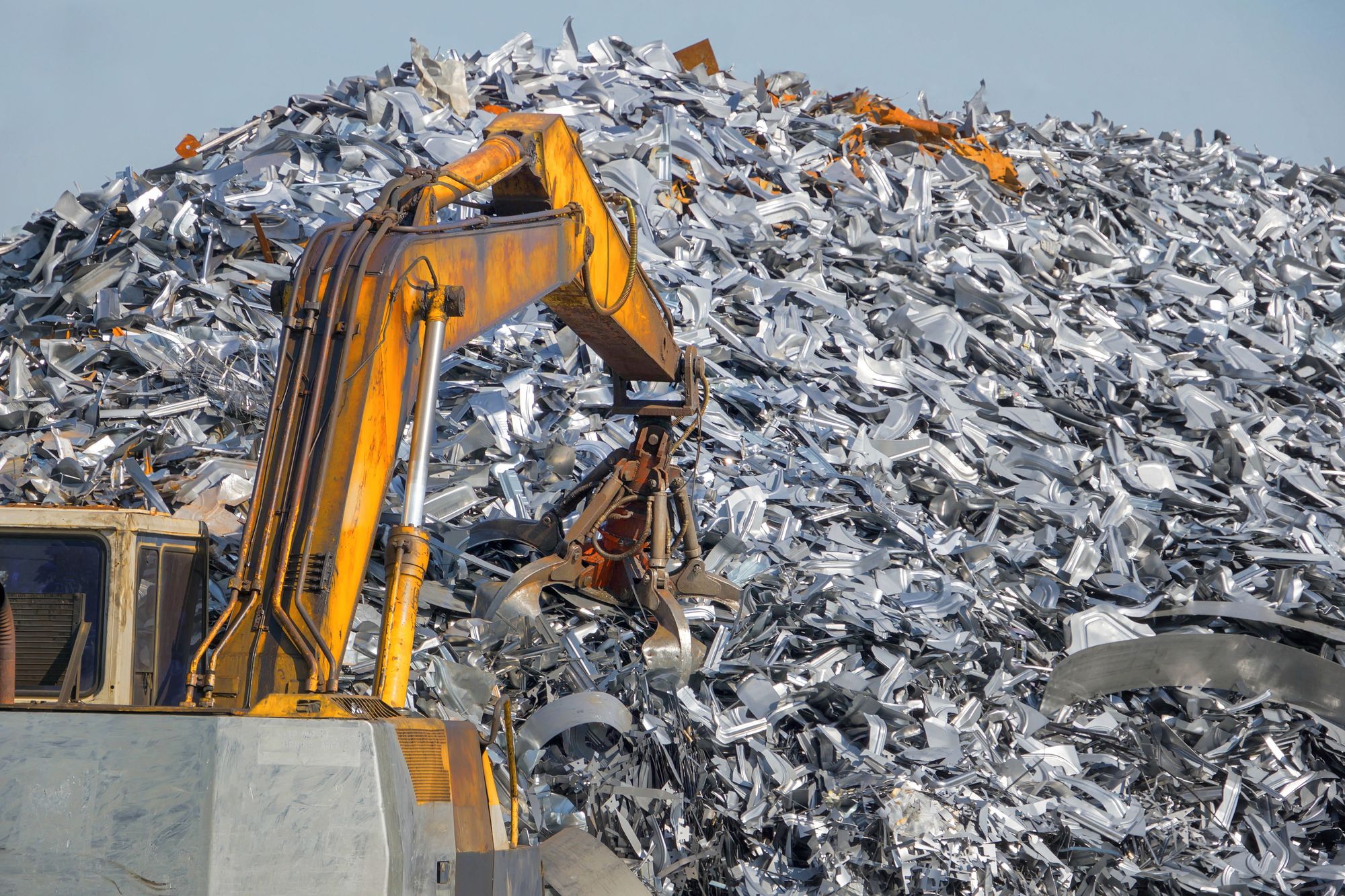Trusted Metal Recycling & Export Partner Worldwide

Utkal Corporation stands at the forefront of India's non-ferrous metals industry, delivering exceptional quality and sustainable trading solutions for over two decades. Our commitment to innovation and environmental responsibility drives our global success.

Sustainable recycling solutions for copper, aluminum, and ferrous metals with advanced processing technology.

State-of-the-art refining and processing to deliver high-purity metal products meeting international standards.

Comprehensive international trading network serving clients across 17+ countries with reliable supply chains.

Join global industry leaders who trust Utkal Corporation for premium metal solutions and sustainable partnerships.